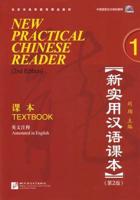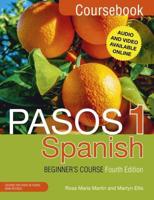Publisher's Synopsis
The initial challenges that face students of Mandarin can be overwhelming at times and to master the different disciplines require dedication and perseverance:
- Tonal Language: Mandarin Chinese is a tonal language, meaning the meaning of a word can change based on the tone in which it's spoken.
- Character-Based Writing System: Mandarin Chinese uses thousands of characters rather than an alphabet.
- Grammar Differences: The grammar structure of Mandarin Chinese differs significantly from that of many Indo-European languages, which can take time to grasp for learners accustomed to a different linguistic framework.
- Cultural and Conceptual Differences: Chinese culture and language reflect unique ways of thinking and expressing ideas.
- Limited Familiarity: For many learners, Mandarin Chinese may be their first exposure to a non-Indo-European language, making it seem more difficult due to unfamiliarity.
- Lack of Exposure: Depending on the learner's environment, there may be limited opportunities for immersion in Mandarin Chinese, which can slow the learning process.
- Complexity of Pronunciation: Mandarin Chinese has a variety of sounds and pronunciations that can be difficult for non-native speakers to reproduce accurately, especially due to the presence of sounds that don't exist in other languages.
With the aim of simplifying the process, we have compiled a guide aimed at making the content matter clear and comprehensible through a slow and steady approach:
- Basic concepts are explained and multiple examples are given to clarify.
- Grammar patterns are included in dialogs from the start.
- New characters (vocabulary) are gradually introduced in a step-by-step process that describes the fundamental mechanics of Mandarin, but still keeps it manageable and fun.
- Audio files are provided for all vocabulary
A student with a thorough understanding of the basics, can rely on this foundation to excel at Mandarin studies.
As such, this book will suit any home-school curriculum as well.












